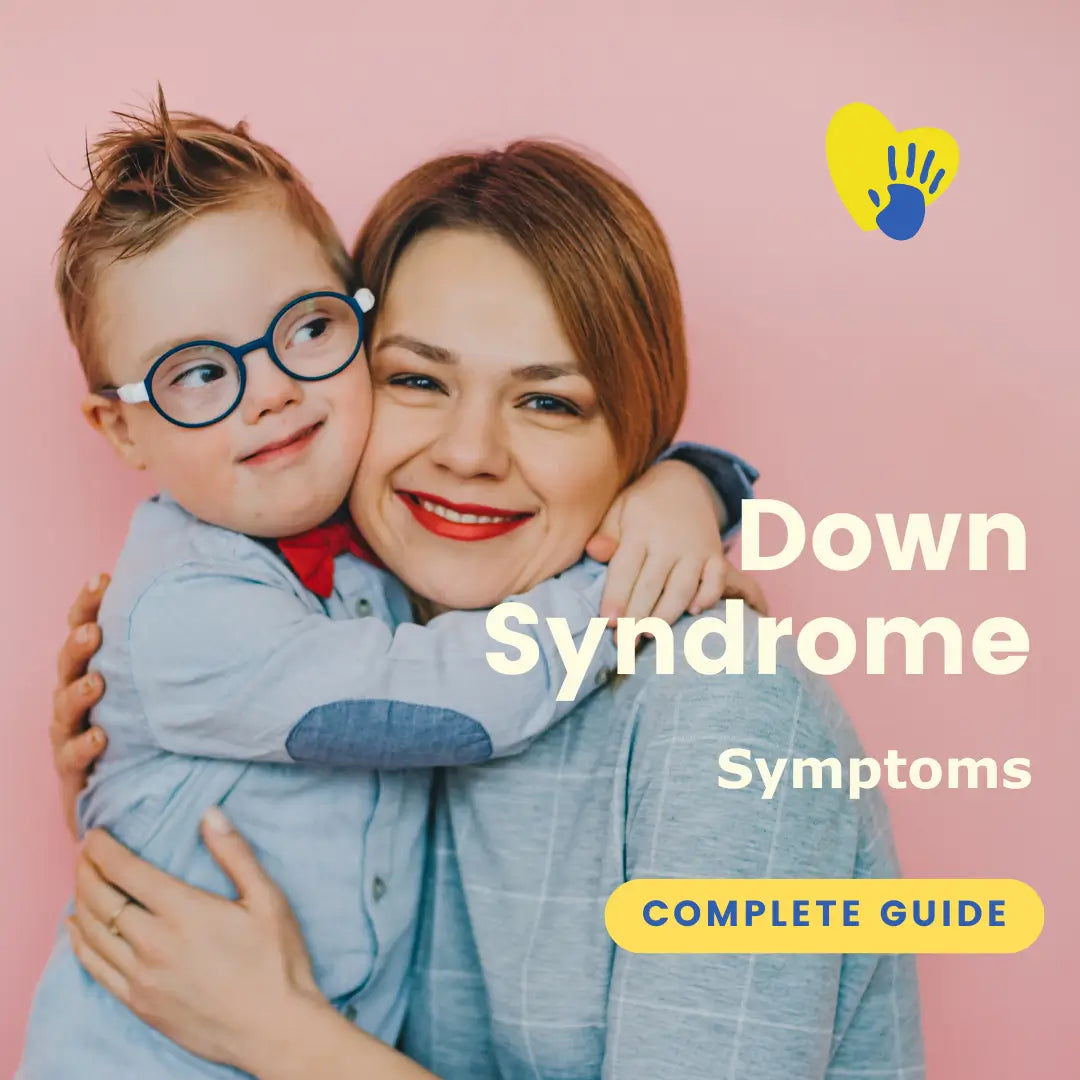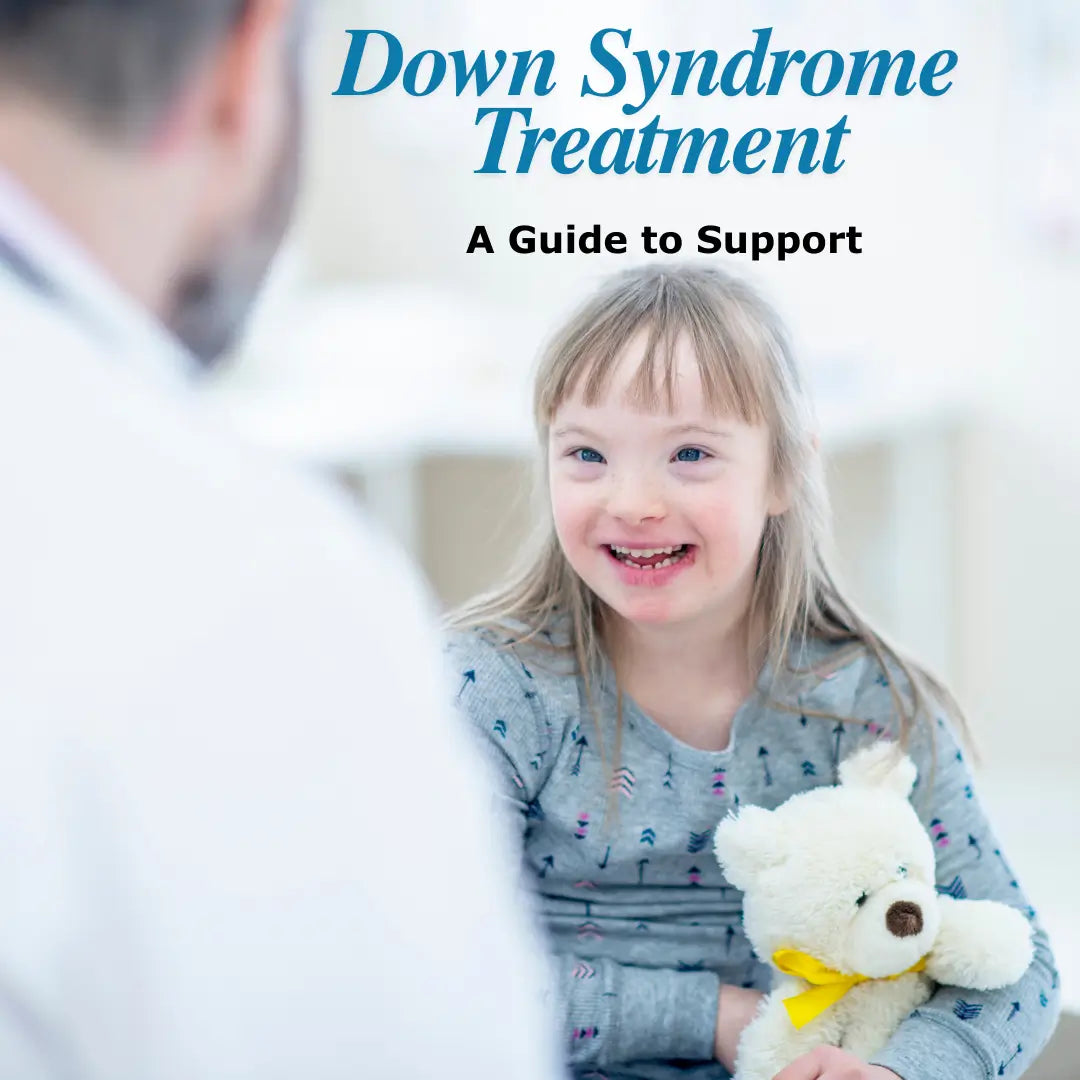Down Syndrome Signs During Pregnancy
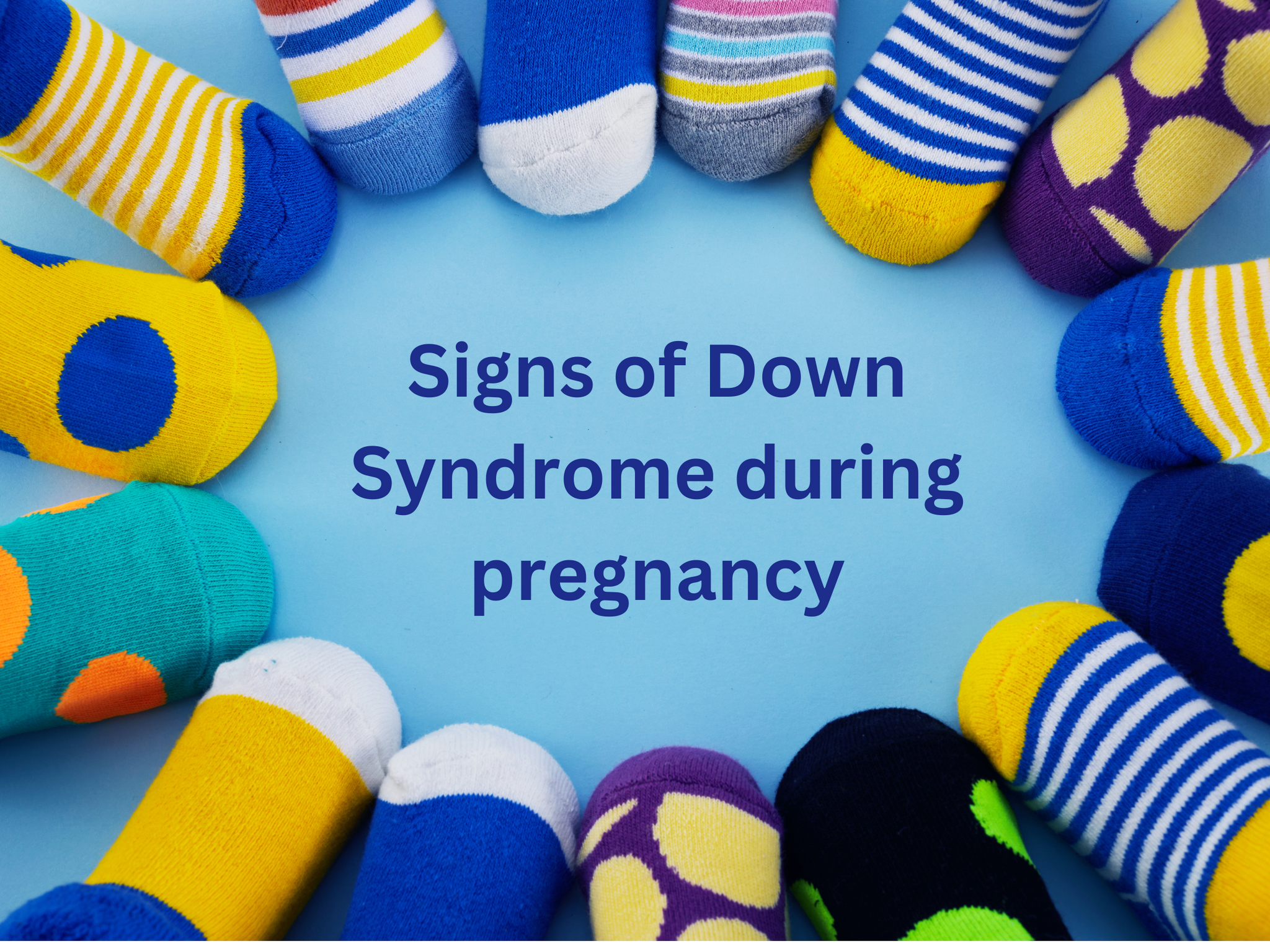
Expectant parents eagerly anticipate the arrival of their baby, but sometimes, concerns about potential health conditions may arise during pregnancy. Understanding the signs of Down syndrome during pregnancy is crucial for early detection and informed decision-making. In this blog, we'll explore common indicators, share testimonials, recommendations, and user experiences, providing valuable insights for expectant parents.
To read more about Down Syndrome Symptoms. visit here.
Table of Contents
Prenatal Screening and Diagnostic Tests:
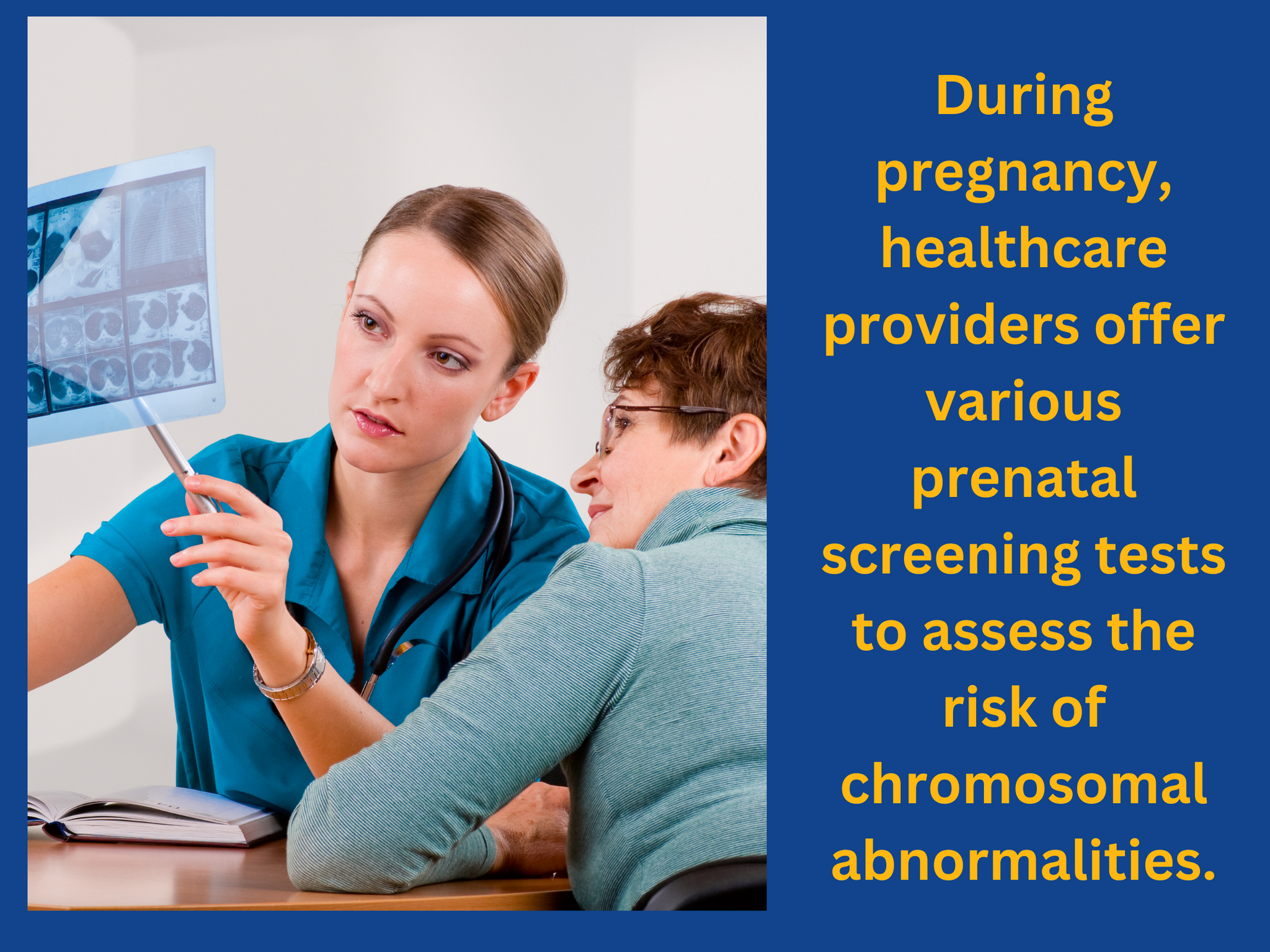
During pregnancy, healthcare providers offer various prenatal screening tests to assess the risk of chromosomal abnormalities, including Down syndrome. These tests may include non-invasive options like ultrasound and maternal serum screening, as well as invasive procedures such as amniocentesis and chorionic villus sampling for diagnostic confirmation.
"When we received abnormal results from our prenatal screening, we were initially overwhelmed with worry. However, our healthcare provider guided us through the process of diagnostic testing, providing clarity and support every step of the way."
Physical Indicators on Ultrasound:
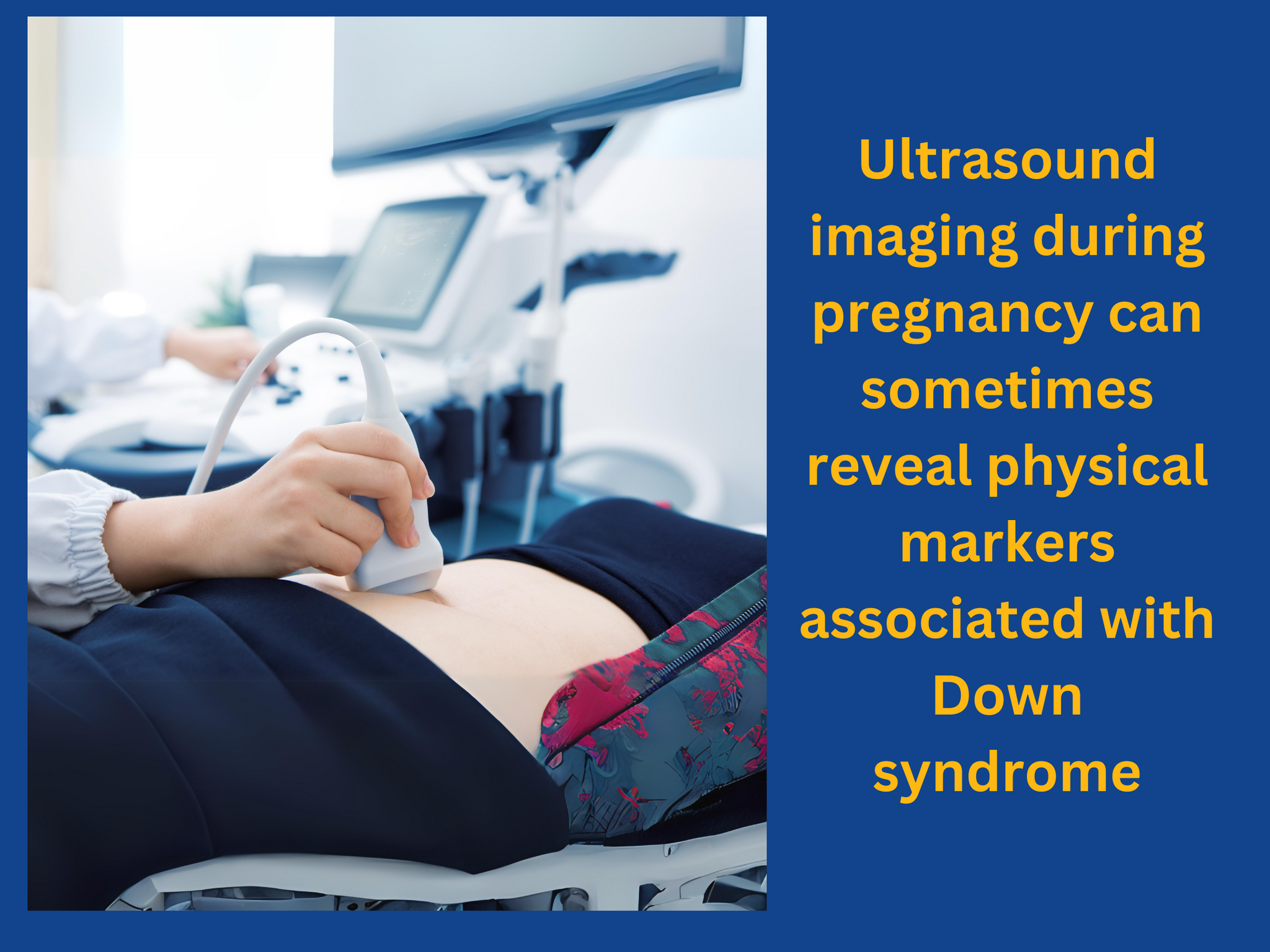
Ultrasound imaging during pregnancy can sometimes reveal physical markers associated with Down syndrome. These may include soft markers such as increased nuchal translucency (fluid buildup at the back of the baby's neck), absent or small nasal bone, and certain heart defects. While these findings may raise concerns, it's important to remember that they are not definitive diagnoses and further testing is needed for confirmation.
If your ultrasound reveals potential indicators of Down syndrome, don't panic. Consult with your healthcare provider to discuss next steps, which may involve additional testing and genetic counselling to fully understand the implications.
Genetic Counselling and Informed Decision-Making:

Following abnormal screening or diagnostic results, expectant parents may face difficult decisions regarding their pregnancy. Genetic counselling provides essential information and support, helping families navigate the complexities of genetic conditions like Down syndrome. It empowers parents to make informed choices about prenatal testing, pregnancy management, and future care options for their child.

“Genetic counselling gave us the knowledge and confidence to make decisions that were right for our family. While the journey wasn't easy, having the support of knowledgeable professionals made all the difference in navigating the uncertainties."
Emotional Impact and Support:
Receiving a potential diagnosis of Down syndrome during pregnancy can evoke a range of emotions for expectant parents, including fear, sadness, and uncertainty about the future. It's essential to acknowledge and validate these feelings while seeking support from loved ones, healthcare providers, and support groups specializing in prenatal diagnosis and Down syndrome.
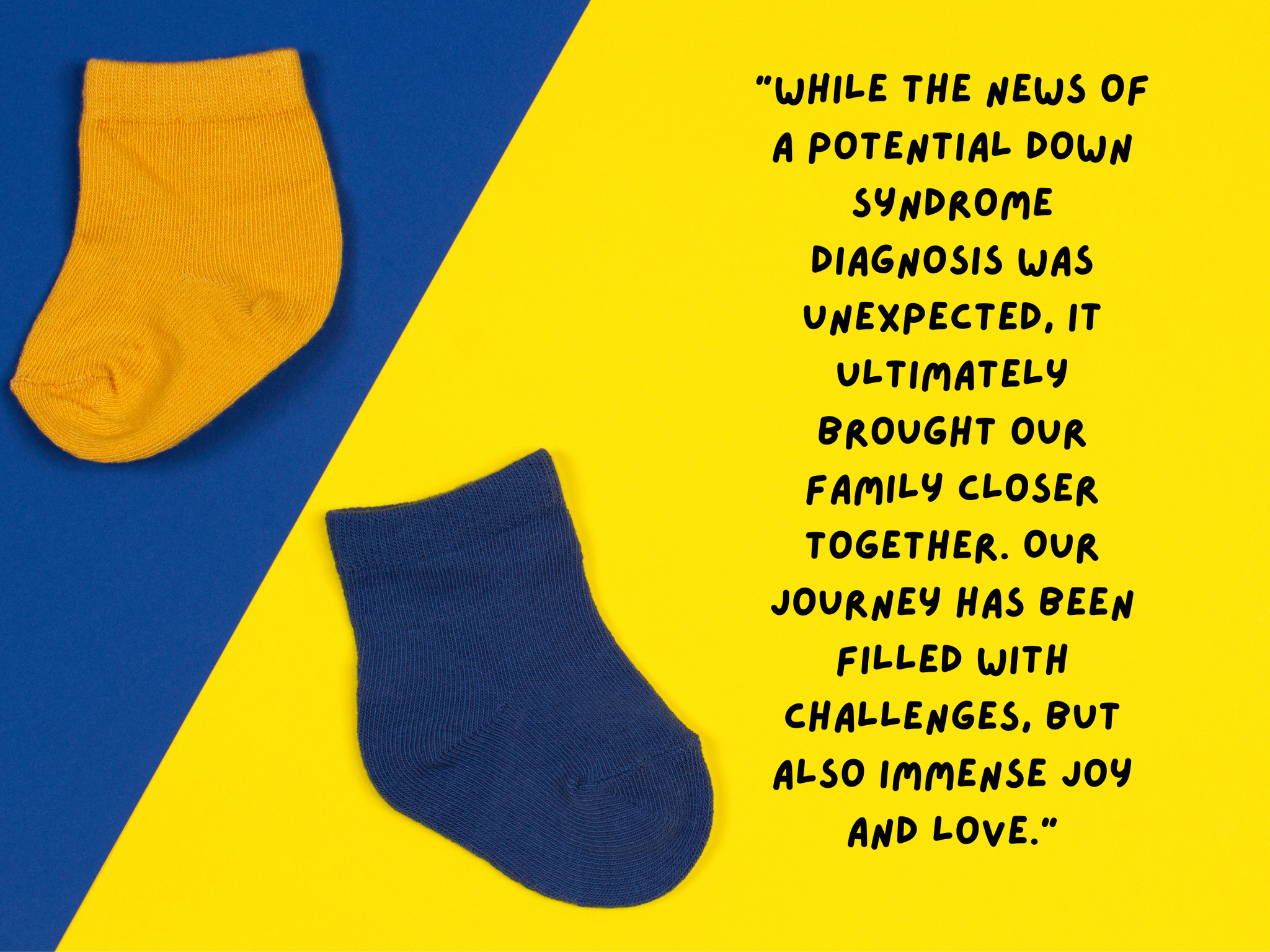
“When I found out about my unborn baby having down syndrome, I did a lot of research to see what I needed to do immediately to give him the best chance. I found out that the first six months of gestation is a critical time of the brain development and because of the extra chromosome he will experience some level of oxidative stress. I started exercising minimum 30 minutes a day. I also added real food rich in antioxidants and oily fish and included supplements such as fish oils, CoQ10 and Folinic acids. This I believe worked for me. Even if it had no effect on my baby at least I felt strong and amazing." - Jena Larkin
Conclusion:
Recognizing signs of Down syndrome during pregnancy is an important aspect of prenatal care, enabling early detection and informed decision-making for expectant parents. By staying informed, seeking support, and engaging in open communication with healthcare providers, families can navigate this journey with confidence and compassion. Remember, you are not alone—there is a wealth of resources and support available to guide you every step of the way.
FAQ's:
Q1. Down Syndrome Symptoms?
Down syndrome symptoms include intellectual disabilities, distinctive facial features such as a flat nasal bridge and almond-shaped eyes, developmental delays, and often congenital heart defects.
Q2. Signs of Down Syndrome during pregnancy.
Signs of Down syndrome during pregnancy may include increased nuchal translucency (detected through ultrasound), abnormal prenatal screening test results (like the quad screen or non-invasive prenatal testing), and certain fetal abnormalities observed through ultrasound, such as heart defects or other structural anomalies.
Q3. Down Syndrome Treatments.
Down syndrome treatment includes early intervention with therapies like speech and physical therapy, along with medical management for associated conditions.
Q4. What are people with Down Syndrome like?
People with Down syndrome are characterized by their unique personalities and abilities, often exhibiting warmth, kindness, and empathy. Despite facing challenges, they contribute to society and form meaningful connections like anyone else.
Q5. What is the mental age of a person with Down Syndrome?
The mental age of a person with Down Syndrome can vary widely, but it's important to recognize and support their individual strengths and challenges rather than relying solely on age-based comparisons.
Q6. What is Down Syndrome caused by?
Down Syndrome is caused by the presence of an extra chromosome 21, known as trisomy 21, resulting in characteristic physical and developmental features.
Q7. What is the life expectancy of Down Syndrome?
Life expectancy for individuals with Down Syndrome has significantly increased over the years, with many living into their 60s and beyond, particularly with access to quality healthcare and support services.
Q8. Down Syndrome Meaning.
Down syndrome is a genetic condition caused by the presence of an extra chromosome 21, leading to developmental delays, distinctive physical features, and often intellectual disabilities.































